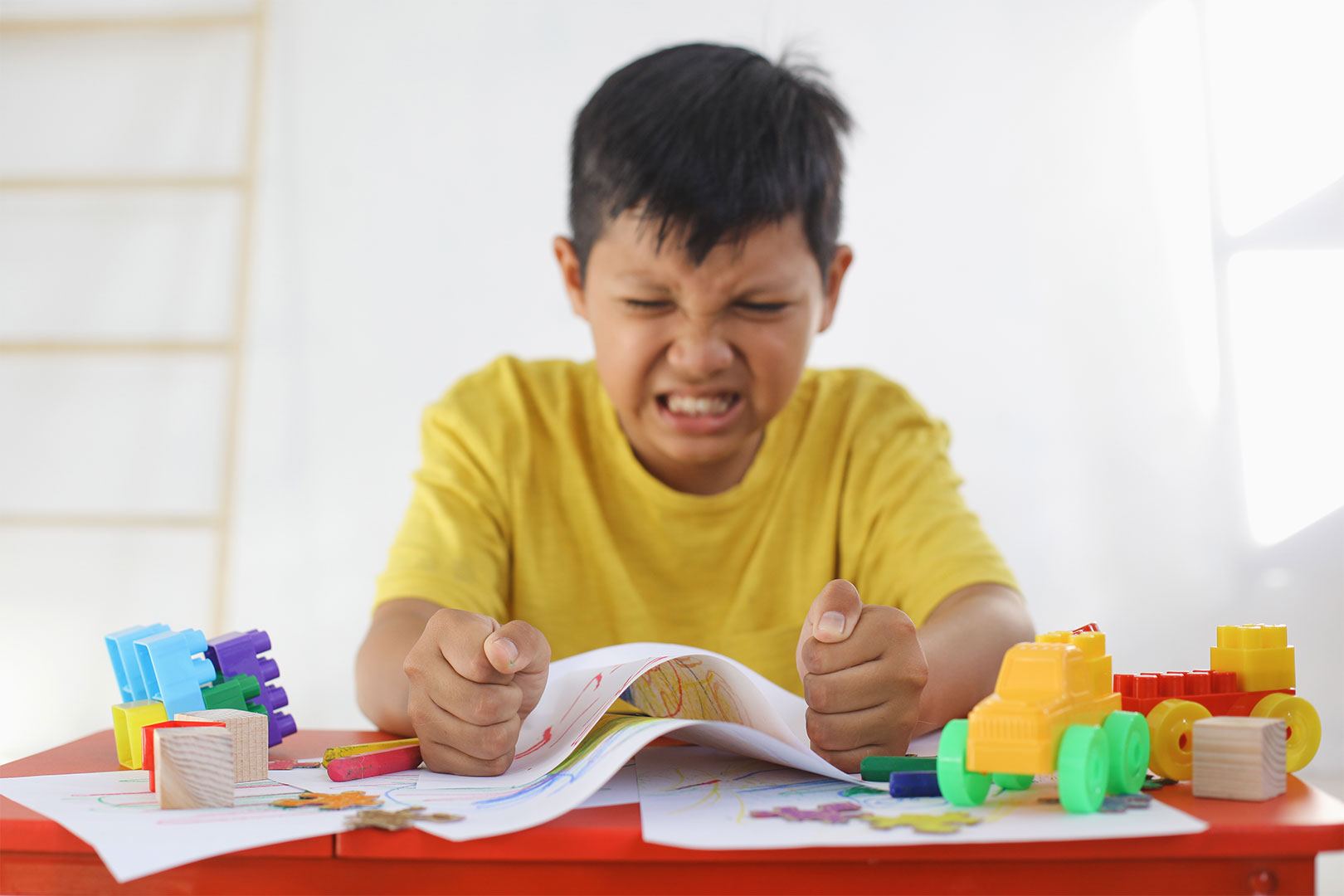Autism and anxiety are two common conditions that often co-occur. In fact, studies have shown that people with autism are more likely to experience anxiety disorders than the general population.
There are a number of reasons why people with autism may be more prone to anxiety. For one, people with autism often have difficulty understanding and processing social cues. This can lead to feelings of anxiety and insecurity in social situations. Additionally, people with autism may be more sensitive to sensory stimuli, such as loud noises, bright lights, and crowded places. This can also trigger anxiety.
Anxiety can have a significant impact on the lives of people with autism. It can make it difficult to go to school, work, and socialize. It can also lead to other problems, such as depression and insomnia.
Causes of anxiety in autism
There are a number of factors that can contribute to anxiety in autism. Some of the most common causes include:
- Difficulty understanding and processing social cues. As mentioned above, people with autism often have difficulty understanding and processing social cues. This can make it difficult to know how to behave in social situations, which can lead to feelings of anxiety and insecurity.
- Sensory sensitivity. People with autism may be more sensitive to sensory stimuli, such as loud noises, bright lights, and crowded places. This can be overwhelming and trigger anxiety.
- Changes in routine. People with autism often thrive on routine and predictability. Changes in routine can be disruptive and stressful, which can lead to anxiety.
- Bullying and victimization. People with autism are more likely to be bullied and victimized than typically developing children. This can lead to feelings of anxiety, fear, and insecurity.
- Comorbid conditions. People with autism are more likely to have other medical and mental health conditions, such as ADHD, OCD, and depression. These conditions can also contribute to anxiety.
Symptoms of anxiety in autism
Anxiety can manifest in different ways in people with autism. Some of the most common symptoms include:
- Restlessness.
- Irritability.
- Difficulty concentrating.
- Fatigue.
- Muscle tension.
- Headaches and stomachaches.
- Panic attacks.
Coping with anxiety in autism
There are a number of things that people with autism can do to cope with anxiety. Some helpful strategies include:
- Identifying triggers. The first step to coping with anxiety is to identify your triggers. Once you know what triggers your anxiety, you can start to develop strategies for avoiding or managing those triggers.
- Developing coping mechanisms. There are a number of coping mechanisms that can be helpful for people with anxiety. Some common coping mechanisms include deep breathing, meditation, and relaxation techniques.
- Seeking professional help. If your anxiety is severe or interfering with your daily life, it is important to seek professional help. A therapist can help you to understand your anxiety and develop a treatment plan.
Treatments for anxiety in autism
There are a number of treatments that can be effective for anxiety in autism. Some of the most common treatments include:
- Cognitive-behavioral therapy (CBT). CBT is a type of therapy that can help people to identify and change negative thinking patterns and behaviors. CBT has been shown to be effective for treating anxiety in both children and adults with autism.
- Exposure therapy. Exposure therapy is a type of therapy that involves gradually exposing people to their feared situations in a safe and controlled environment. Exposure therapy can be helpful for people with autism who are struggling with specific phobias, such as social anxiety.
- Medication. In some cases, medication may be necessary to treat anxiety in autism. Some common medications used to treat anxiety include antidepressants, anti-anxiety medications, and beta-blockers.
If you are a person with autism who is struggling with anxiety, it is important to know that you are not alone. There are a number of things that you can do to cope with anxiety and manage your symptoms. If your anxiety is severe or interfering with your daily life, it is important to seek professional help.





Leave A Comment